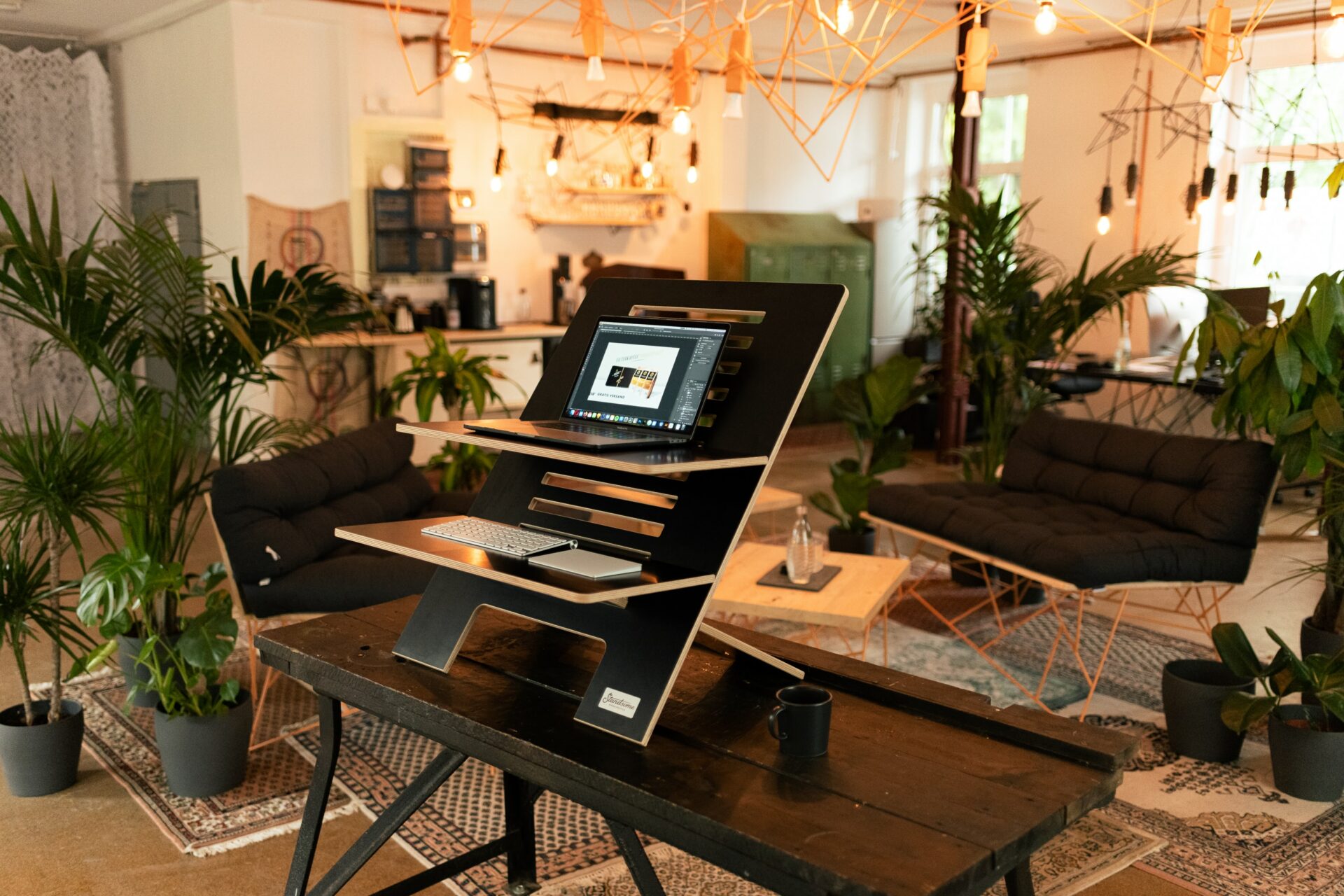It’s commonly known that more exposure to sunlight and nature can help alleviate symptoms of depression— but did you know that certain types of man-made light also have an effect on mood and mental health? Different colours and intensities of light affect human emotions and sleep cues. Discover how the light you experience every day could be contributing to your depression or alleviating it.

Light and the human brain
A study conducted by Japanese scientists reveals that light has a far greater impact on the human psyche than at first thought. The study, published in the American Journal of Epidemiology, shows that exposure to light while trying to sleep may be connected to an increased risk for depression. The presence of light inhibits the production of melatonin, a hormone that induces sleep.
Modern humans are exposed to all sorts of artificial light in the evening and at night. Digital alarm clocks, streetlights or neon signs shining in through the window, passing headlights, or lights from a desktop computer—all of these light sources can disturb sleep.
The paradox of blue light
Exposure to too much blue light— LED bulbs, computer screens, tablets, and smartphones— in the evening is particularly harmful and disruptive for sleep patterns. When sleep cycles are disrupted, people become more susceptible to mental health issues, such as depression.
On the other hand, blue light can be beneficial during the daytime. It stimulates the brain, improves reaction time, and helps you stay alert and awake. The sun itself it a major source of daytime blue light, and its beneficial effects for mood are well-known.
Light therapy
One report highlights the potential for treating depression or bipolar disorder with light therapy. “Seasonal Affective Disorder” or the “winter blues” often affect individuals who live in climates with cold, grey winters. Their mood darkens as they are forced to remain in artificial light, without the benefit of the sun, for weeks at a time. According to some studies, certain people with seasonal affective disorder respond well to light therapy via light boxes, light banks, or light simulators.

A balanced solution
To ensure better circadian rhythms and sleep patterns, limit your exposure to blue light for an hour or two before bed. You can buy a no-blue lamp for your bedside and limit screen time. During the day, ensure that you get plenty of blue light exposure through the sun or through bright white artificial light. Although these habits don’t eliminate depression or its causes, the correct management of light can help with some of your symptoms, like mood changes, excessive sleepiness, or insomnia.
References
Article by Adelphi Psych Medicine Clinic, Original article, https://adelphipsych.sg/
Editorial Team
I help fin-tech digital product teams to create amazing experiences by crafting top-level UI/UX.



